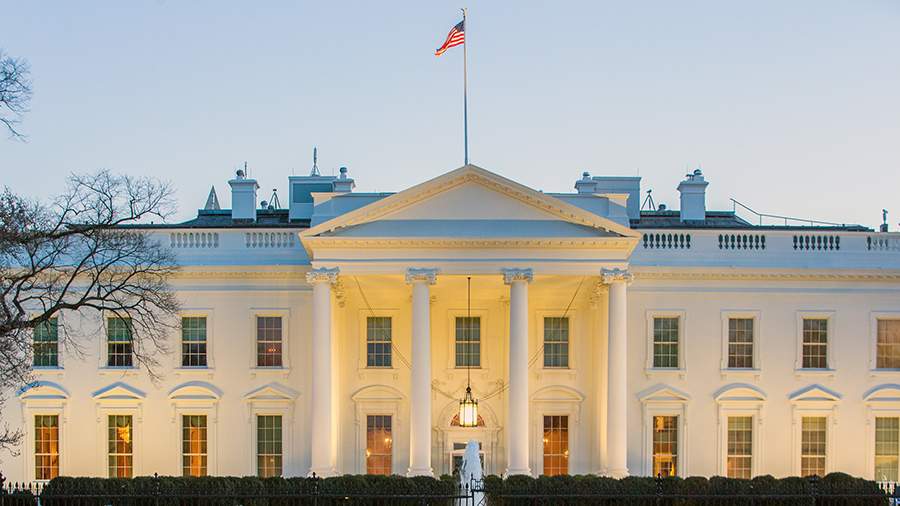The WSJ reported on an attempt by an unknown person to impersonate the head of the White House staff.
- Новости
- World
- The WSJ reported on an attempt by an unknown person to impersonate the head of the White House staff.

In the United States, an unknown attacker gained access to the personal contacts of White House Chief of Staff Susan Wiles and contacted political and government figures on her behalf through messages and calls. This was reported on May 29 by The Wall Street Journal (WSJ), citing sources.
"In recent weeks, senators, governors, senior American business leaders, and other prominent figures have received text messages and phone calls from a man who called himself Wiles. But the messages were not from her, and the Federal Bureau of Investigation (FBI) and the White House are trying to figure out who is behind these efforts and what their purpose is," the publication says.
Sources said that representatives of the FBI do not consider it realistic that foreign countries could be involved in this. Wiles herself said that the contacts in her phone were hacked, which gave the attackers access to the personal numbers of some of the most influential people in the country.
"Some of the calls contained a voice similar to Wiles'. Government officials believe that the impostor used artificial intelligence (AI) to mimic her voice," the newspaper informs.
In some cases, when reading a message from an attacker, the recipient did not notice anything strange and thought that he was receiving an official request. For example, an unnamed lawmaker was instructed to compile a list of people whom US President Donald Trump could pardon.
At the same time, some figures immediately realized that they were not communicating with Wiles, because the fraudster was trying to ask questions about Trump, which the White House chief of staff should have known anyway.
In the United States, Susan Wiles is seen as Trump's closest adviser. She led his presidential campaign, and was subsequently appointed to the post of White House chief of staff, the first woman to hold this position, draws the attention of the WSJ.
On April 27, the TV channel reported on the uncertainty of Pentagon Chief Pete Hegseth amid the data leak scandal. It is clarified that the head of the US Department of Defense wants Trump to see him as a fighter against the background of the conflicts that have arisen, and therefore conducts a large number of public appearances.
On March 25, it became known about the scandalous publication of The Atlantic magazine discussing attacks on the Houthis by the US administration. Jeffrey Goldberg, the editor-in-chief of the magazine, said that on March 11, he received a request to connect to Signal from a user under the nickname Mike Waltz. Two days later, Goldberg received a notification about being added to a group chat called "Houthis small group."
Переведено сервисом «Яндекс Переводчик»

